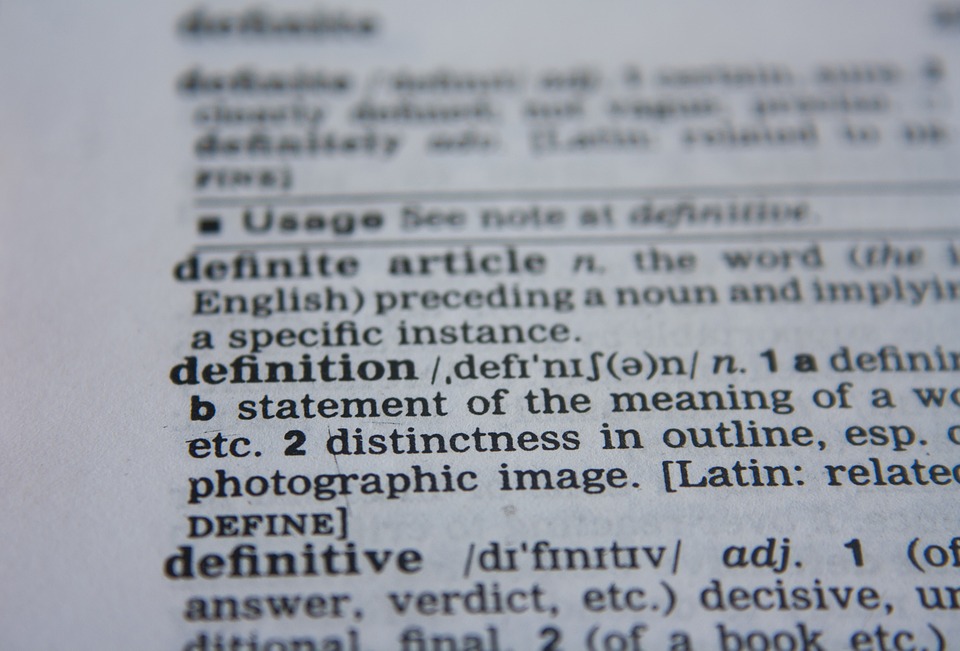Words[3]

It isn't until recently that I have learned the value of words. I found myself frequently disregarding many words because I thought they were of little value to me.
Specific names to problems, laws, programming design patterns, etc. are all just "Words, words, words" to me. I don't care what they're called; I want to understand the idea behind them. I want to know what polymorphism is - and I don't care what you call it. Discarding this type of information can save brain-space, but it has a fatal flaw:
It's not all about you!
I read an article once (the name of which I have ironically discarded) that said the age of the individual invention is over. Gone are the days that a single person will stumble across a new element, or invent a new fuel source. These days, inventions are not the product of a eureka moment - but the product of teams of scientists and/or engineers spending countless hours trying to solve a problem.
What does this have to words? Communication.
The more words you use, the less value each one has.
It doesn't matter how much you know if you cannot, intelligently, communicate with others. I would sound insane if I described things without using any sort of vocabulary.
With vocabulary: Have you considered iterating through the items?
Without vocabulary: You know that thing that lets you do the same thing many times to many of the same thing? Have you tried using that thing?

Comments